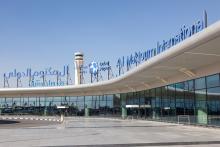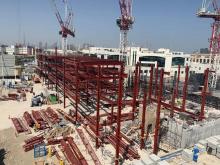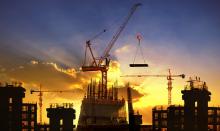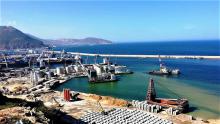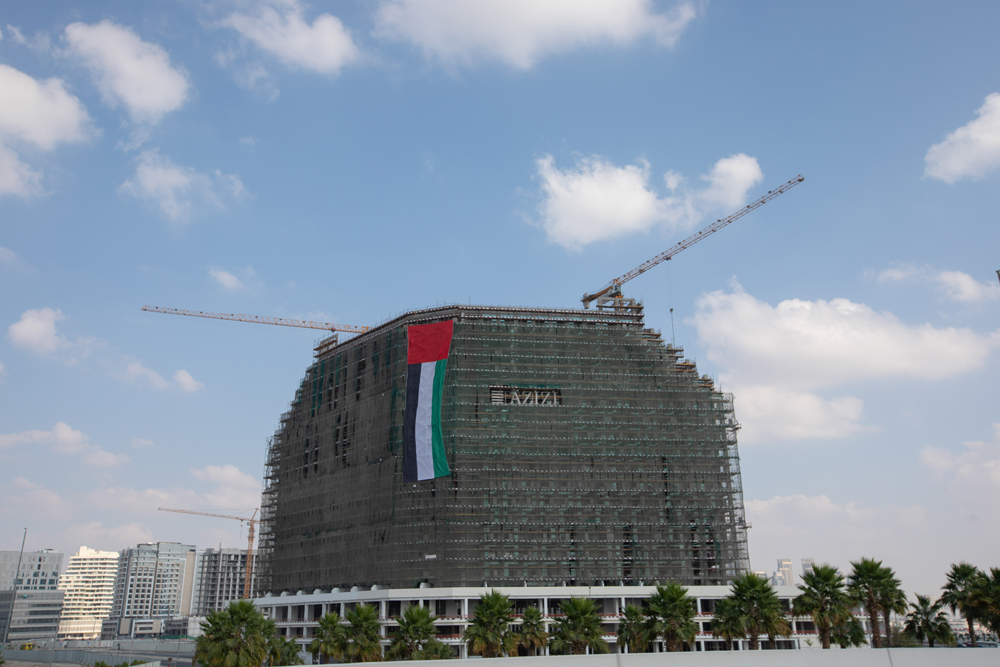
Dubai is among the leading cities in the world attracting foreign investment, particularly in sectors such as real estate and tourism. Its government offers many incentives to these sectors, the latest one being the recent revision of Dubai’s building code.
The move is part of the emirate state government’s economic diversification programme which aims to reduce its dependence on hydrocarbon revenues. The Dubai Executive Council, headed by Crown Prince His Highness Sheikh Hamdan bin Mohammed bin Rashid Al Maktoum, initiated a major step in this direction by approving a new building code for Dubai in October 2020.
“Today (October 7) during a @TECofDubai (The Executive Council of Dubai) meeting, we approved the Dubai Building Code, aiming to reduce construction costs and ease the process for citizens & investors,” the Crown Prince tweeted later.
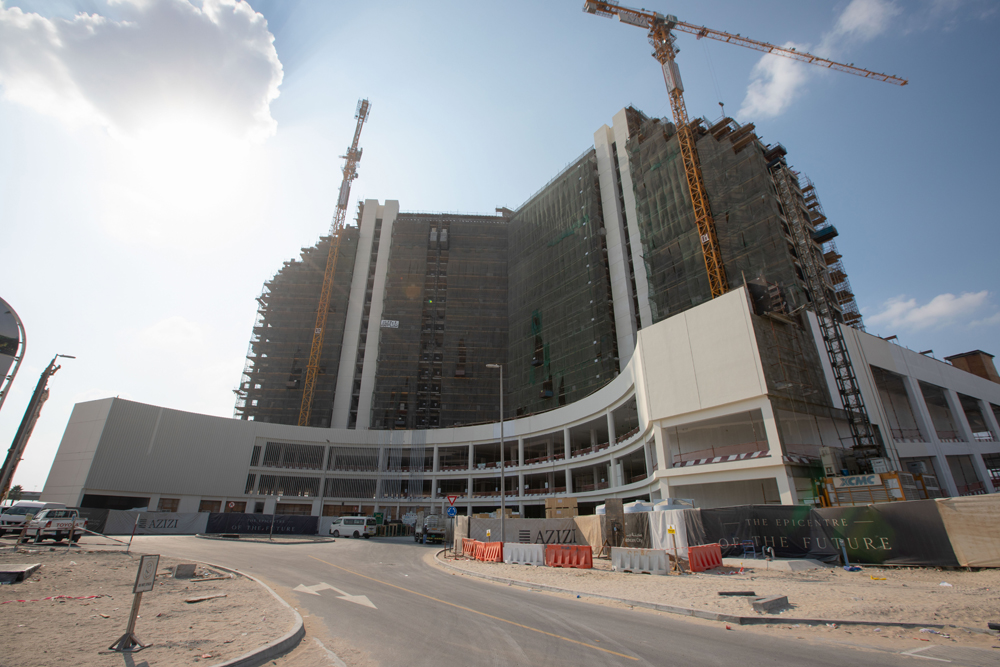
The new building code creates a unified set of standards for construction that promotes sustainable development and innovation in building design. It will enhance Dubai’s international investment attractiveness and promote diversification of projects in the emirate’s construction sector.
Coming as a big relief to construction companies whose businesses were adversely affected by the COVID-19 pandemic, the new Dubai building code offers a one-stop-shop for obtaining approval from the emirate’s licensing agencies and departments. It also eases procedures for consultants, contractors, developers, investors, and owners.
By standardising building requirements, the new building code will also speed up the completion of the design phase of construction projects. Investors can ensure compliance with all design requirements without checking with various departments individually.
Collaborative working between banks and governments with their clients to ensure that there is enough liquidity, mitigating the default risk and reducing the likelihood of disputes remained at the top of the government’s agenda, amid the construction industry’s struggle during 2020.
Reasons aplenty
One of the major reasons cited for government approval of the new building code was the opportunity to prevent construction firms such as Arabtec, which helped in building the world’s tallest Iconic 160-plus storey Burj Khalifa tower in Dubai, facing liquidity problems.
Arabtec is one of the oldest construction giants and had aimed to become one of the top 10 construction companies in the world but it has collapsed with liabilities reportedly of around US$2.75 billion.
In a statement, company chairman Waleed Al Mokarrab Al Muhairi said: “Limited liability has impacted the progress of Arabtec’s projects, and this has been exacerbated by the effects of COVID-19.”
Arabtec had 22 projects underway, worth a combined US$5.2 billion. Its MEP division, Efeco, had 15 projects under execution and its EPC subsidiary Target Engineering had 13 projects in train, worth a combined US$13 billion.
Another reason for the collapse is that the spiralling cost of imported building materials, following the rise in shipping costs. This has put companies in a tight situation and they are in no position to pass them on to the buyers as the properties are now being sold at cheaper rates compared with a year ago.
The prices of building materials, except cement which is abundantly available in the local markets, are believed to have risen between 10% and 20%. “From China, freight has gone from US$1,000 to US$4,000 on a 40-foot container, and for India, rates have gone from US$300 to US$1,200 – that’s nearly 400% since September 2020,” said Anis Sajan, managing director at building material supplier Danube, as quoted in the UAE daily, Gulf News.
“Rates from Europe are now 2,000 euros from 1,200 - and that too is available only on a first come, first served basis. Shipping companies want to make up for the huge losses they had borne earlier this year because of the COVID-19 disruptions,” the newspaper reported.
Until August, imports into the UAE were available at US$1,000 for a 40-foot container. The price shot up to US$2,000 during August, and went up to US$3,000 during September-October. At the start of this month, some of the transactions were at or were around the US$4,000 mark. What’s making it worse is that transit times from China and European ports are now averaging 40 days as opposed to 20 earlier, the report added.
Role of FDI
In the words of UAE’s Minister of State for Foreign Trade, Thani bin Ahmed Al-Zeyoudi, Foreign Direct Investment (FDI) played a critical role in the country’s economic growth and the country was the largest recipient of FDI in the region in 2019. This was largely due to its increased focus over the years on enhancing local conditions to attract FDI.
“With policies and measures in place, such as FDI Law enacted in 2018 to further open the UAE market to investors in certain sectors, and the issuance of our Positive List, which allows for greater foreign investment across 122 activities, the UAE was able to increase our FDI value by 32% in 2019,” he said.
The UAE was ranked 16th among 190 countries in the World Bank’s Ease of Doing Business 2020 report due to its digitisation strategies and promising business regulatory environment.

Contract and growth
In a report, the Dubai Land Department (DLD) said that Dubai’s real estate market witnessed transactions worth AED72.5 billion (US$19.73 billion) in H1 2020 despite COVID-19.
These figures indicated that Dubai’s real estate sector was gradually returning to normal, driven by the stimulus packages and initiatives launched by the government in the past few months, and the new building code is expected to give a fillip to the government’s efforts in 2021.
However, international construction consultancy, Linesight, in its latest Middle East construction industry findings, said that the UAE’s construction industry was expected to contract by nearly 2% in 2020 due to the impact of COVID-19.
The report said that the construction industry across the region was expected to be buoyed as many governments announced stimulus packages, resulting in a rebound to modest growth in 2021, with recovery already being witnessed in some countries.
In an interview with Dubai-based Arabian Business magazine, the regional director for Linesight Middle East, Ciaran McCormack, said he believed any opportunity to assist in the reduction of construction cost by practical means is always worthy of consideration. The pressure to procure projects in line with tight programme milestones and budget constraints is an ever-present challenge, and McCormack said that any effort to streamline building rules, particularly regarding permitting and approvals, needs to be seen as a positive.
He added: “Whilst many consultants would feel that the design stages for many projects are already being fast-tracked to achieve ambitious milestone dates, the whole process can be undermined where delays occur outside the control of the principal parties. I believe the one-stop-shop approach will be welcomed by the industry at large.”
GlobalData, a leading business market intelligence consultancy, said the UAE construction sector recorded growth of 3.3% in 2019. Pre-COVID, this figure was expected to increase to 4.3% in 2020, predominantly driven by a range of government initiatives. However, with the onset of the virus and the subsequent drop in oil prices, output was expected to contract to 1.9% in 2020, before recovering to 3.8% in 2021.
Businesses elated
Construction companies in Dubai feel that the new building code represents another momentous move - a great testament to the creation of a unified set of standards for construction that will promote sustainable property development and innovation.
Farhad Azizi, CEO of Dubai-based property developer Azizi Developments, said that the new building code is another example of the UAE’s unparalleled investor friendliness, stability and proactiveness when it comes to the development of the real estate sector.
According to him, there has already been a “strong uptick” in demand and sales, especially from international investors, with new markets being unlocked.
Azizi said his company’s upbeat market outlook is also based on construction being barely affected by the pandemic. In 2020 alone, Azizi Developments casted over 300 storeys, poured over 239,000m³ of concrete, built over 3.68 million sq. ft of built-up area (BUA), and recorded more than 17.6 million man-hours.
To enhance structural designs of building projects in the emirate, Azizi notes that Dubai authorities issued new and improved regulations on 22 February 2021, which Azizi Developments has since implemented in its property designs.
“The main change that may have a major impact on our designs is within the seismic design code, which has changed from Uniform Building Code to the American Society of Civil Engineers code. This will reduce design costs, affecting the prices of concrete and steel quantities,” said Azizi.
“We feel these changes are a major leap forward, as they benefit industry stakeholders such as community developers and civil contractors, and result in cost optimisation in terms of base materials - especially in steel and reinforced concrete, all while improving build quality. In turn, this translates into reduced costs for end users, granting those who invest in property here even higher return on investments.”


